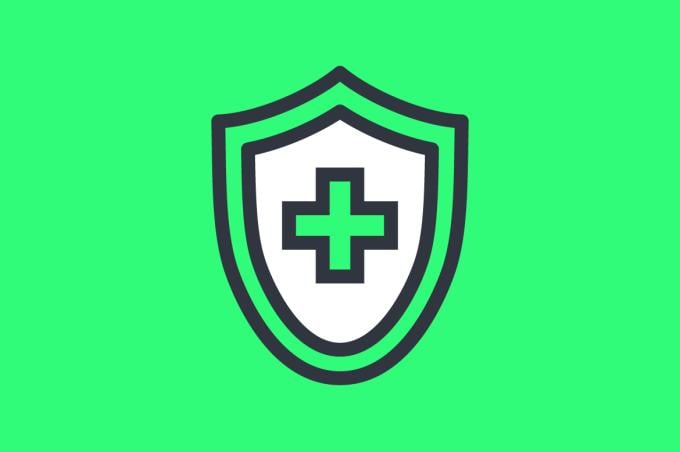Behavioral health coding resource
The Behavioral health coding resource (PDF) provides physician practices and their care teams with a list of key Current Procedural Terminology (CPT®) codes that can be used (as deemed medically appropriate) when administering behavioral health screening, treatment and/or preventative services.
This is part of AMA’s broader efforts to empower health care organizations to overcome obstacles to accessible and equitable treatment for their patients’ behavioral, mental and physical health needs.
Featured topics in the guide
In this guide, physicians and their care teams can determine which potential CPT codes may be most applicable when caring for their patients’ behavioral health needs. The guide includes the latest CMS guidance for corresponding telemedicine codes and interprofessional consultations.
CPT codes across the BHI continuum
CATEGORY A [Counseling Risk Factor Reduction and Behavioral Change Interventions]
Preventive Medicine: 99401, 99402, 99403, 99404, 99411, 99412
Behavior Change Interventions: 99406, 99407, 99408, 99409
CATEGORY B [Do not require larger collaboration outside of practice]
Psychotherapy: 90832, 90833, 90834, 90836, 90837, 90838, 90853
Developmental Behavioral Screening: 96127, 96110, 96161
CATEGORY C [Increased Collaboration Under Integrated Care]
Adaptive Behavior services: 97151, 97152, 97153, 97154, 97155, 97156, 97157, 97158
Health Behavior Assessment and Intervention: 96156, 96158, 96159, 96160, 96161, 96164, 96165, 96167, 96168 96170, 96171
CATEGORY D [Most comprehensive codes for an expansive coordination model]
General Behavioral Health Integration Care Management: 99484
Psychiatric Collaborative Care Management: 99492, 99493, 99494, G2214
Cognitive Assessment and Care Plan Services: 99483
Inter-professional Digital Services: 99446-9, 99451, 99452, G0546-G0551
CoCM General Management (Medicare): G0511
Psychiatric Collaborative Care Model (Medicare): G0512
Download the AMA's Behavioral health coding guide (PDF) to learn more.
Please also check out the BHI Collaborative’s Behavioral Health Integration Compendium, which serves as a tool to help provide health care organizations with a proven pathway for delivering integrated behavioral care and ensure they have the most recent, actionable information at their disposal.
Additional resources
- BHI webinar series
- AMA STEPS Forward® toolkit "BHI Into Primary Care"
- Compendium of BHI resources for physician practices
- BHI in physician practices
- Strategic behavioral health guides for patient care
988 Suicide & Crisis Lifeline
With an increased number of people reporting worsening mental health in recent years, it is imperative that people are aware of the 988 Suicide & Crisis Lifeline (formerly known as the National Suicide Prevention Lifeline) telephone program.
People experiencing a suicidal, substance use, and/or mental health crisis, or any other kind of emotional distress can call, chat or text 988, and speak to trained crisis counselors. The national hotline is available 24 hours a day, 7 days a week.
The previous National Suicide Prevention Lifeline phone number (1-800-273-8255) will continue to be operational and route calls to 988 indefinitely.




